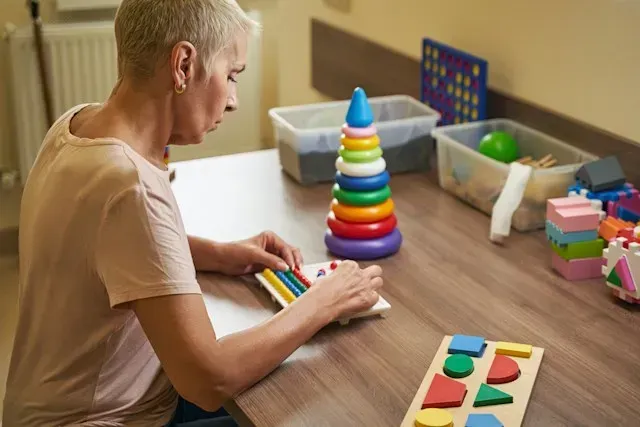
Occupational Therapy Activities for Adults
Discover effective Occupational Therapy activities for adults in this article. Enhance daily living skills with our strategies.
Get carepatron free
Commonly asked questions
Occupational therapy for adults encompasses a wide range of activities tailored to improve both physical and cognitive abilities. These activities often include everyday tasks such as cooking, gardening, or arts and crafts, which enhance fine motor skills and cognitive functions like problem-solving and concentration. Exercise routines for physical strength and balance, brain teasers, and technology-based exercises for cognitive stimulation are also commonly incorporated.
Occupational therapy is highly beneficial for adults recovering from injuries or surgeries. It focuses on rebuilding strength, flexibility, and coordination through tailored activities. Therapists work closely with clients to develop customized routines that address specific recovery goals, such as regaining mobility, improving grip strength, or enhancing overall physical function.
Occupational therapy supports mental health by encouraging engagement in meaningful activities that boost self-esteem and provide a sense of accomplishment. Activities like crafting or gardening can be therapeutic and meditative, helping to reduce stress and anxiety. Furthermore, occupational therapy aids in developing coping strategies and routines that promote mental well-being, enhancing overall life satisfaction and psychological resilience.
Physical therapy and occupational therapy share many similarities, and it's not surprising if people confuse the two. The most fundamental difference between the two is that physical therapy focuses on restoring a person's capability to move, plus enhancing the strength and range of motion of their body parts. Conversely, occupational therapy focuses on improving a person's gross motor skills to regain and maintain independence in performing activities of daily living.







